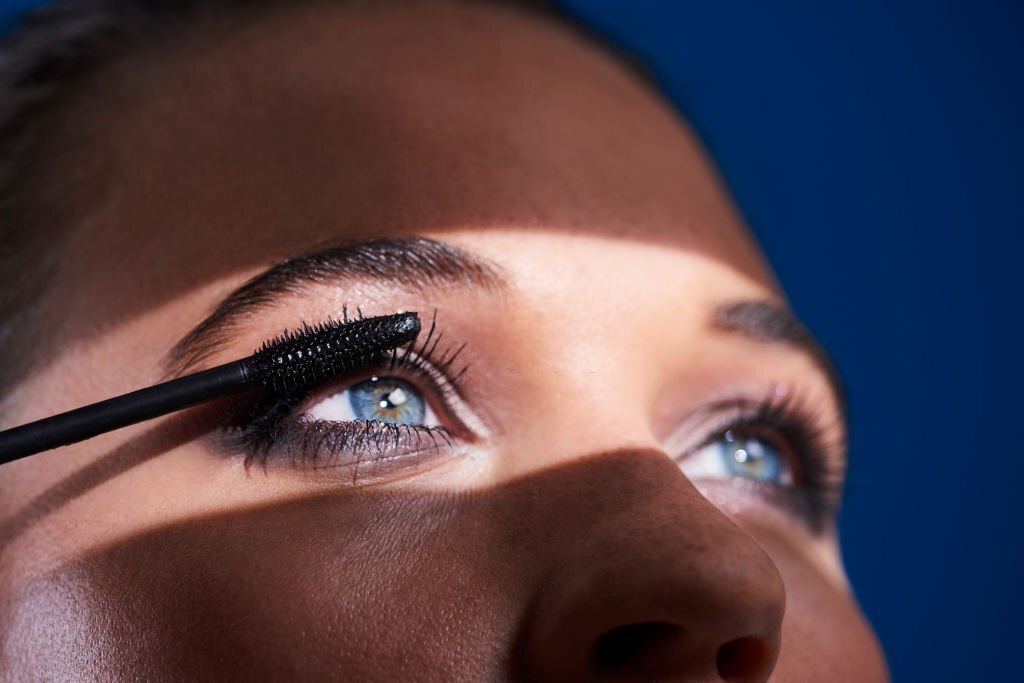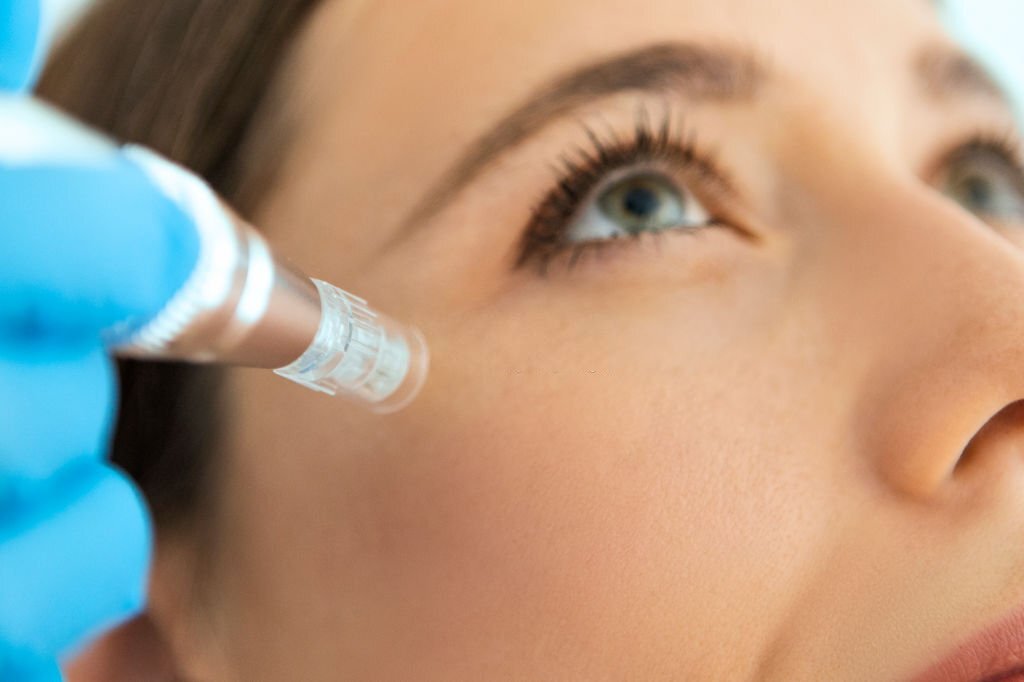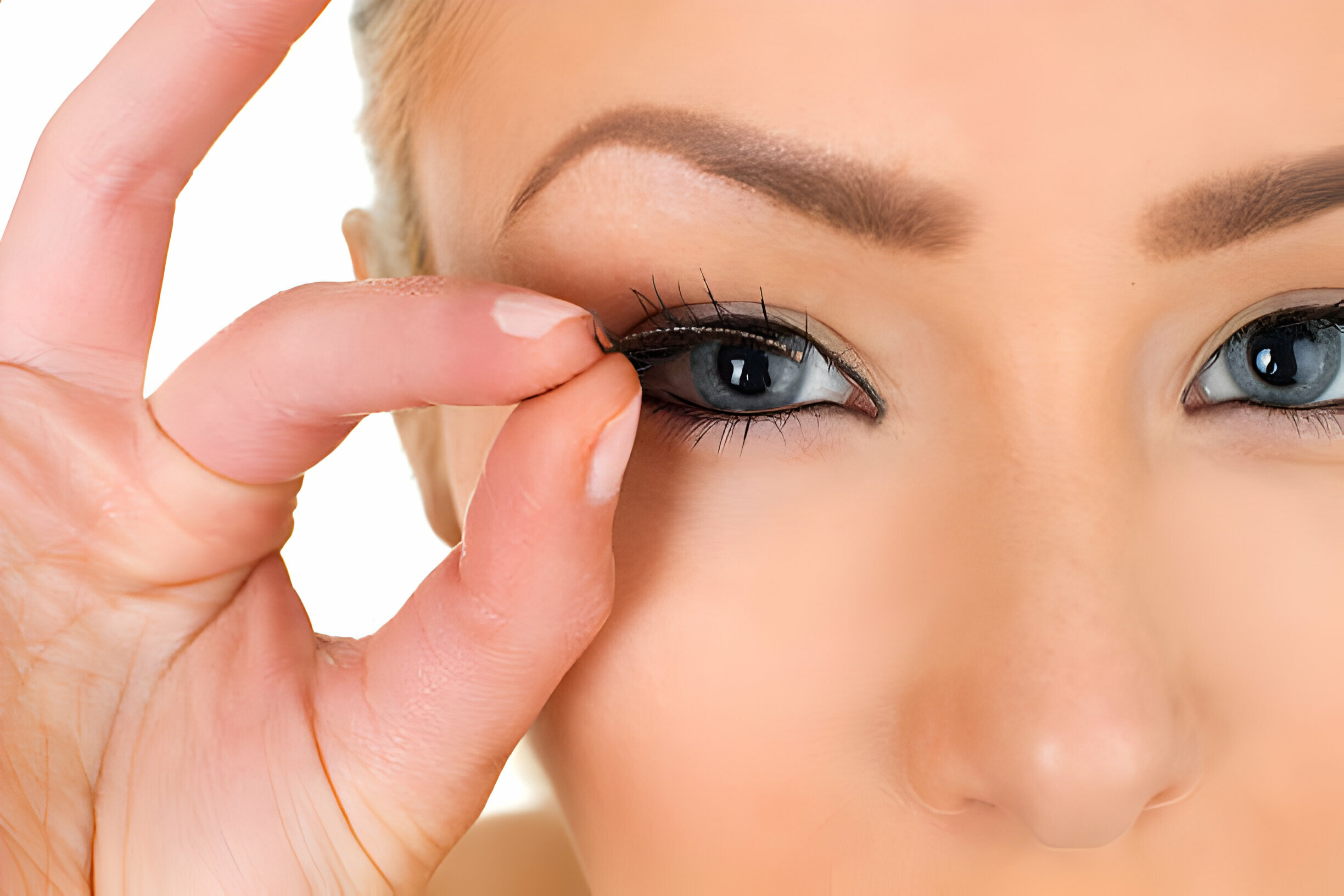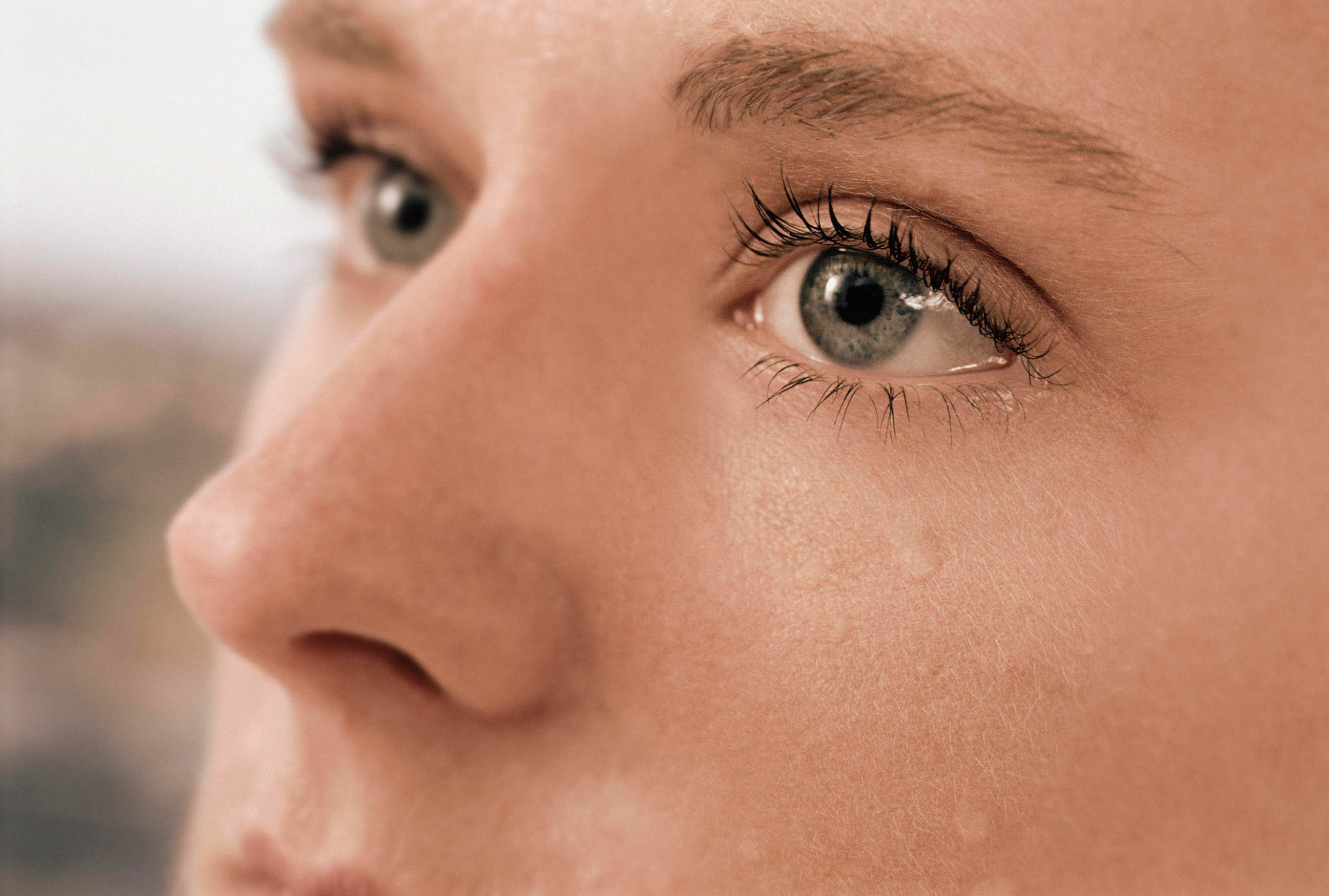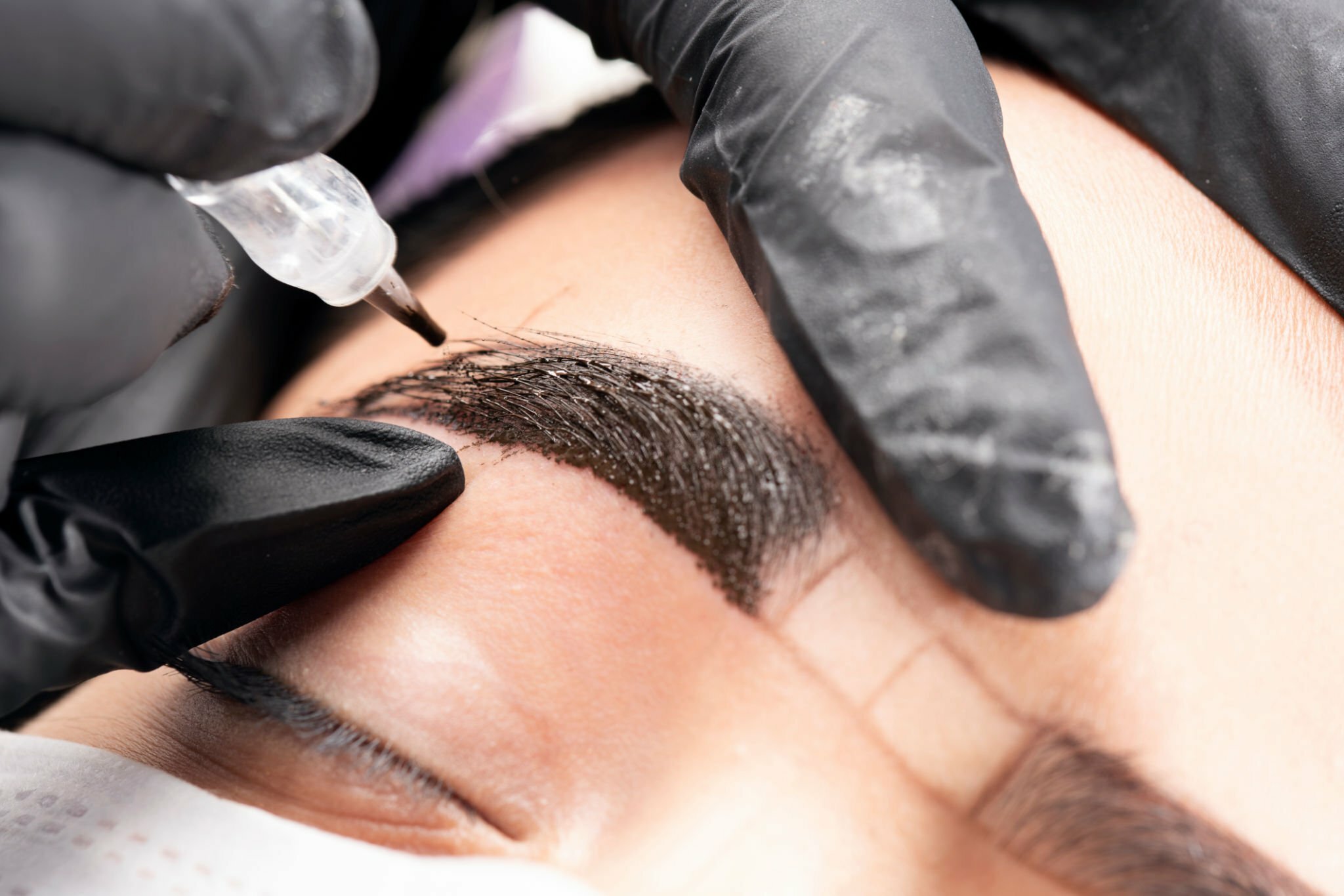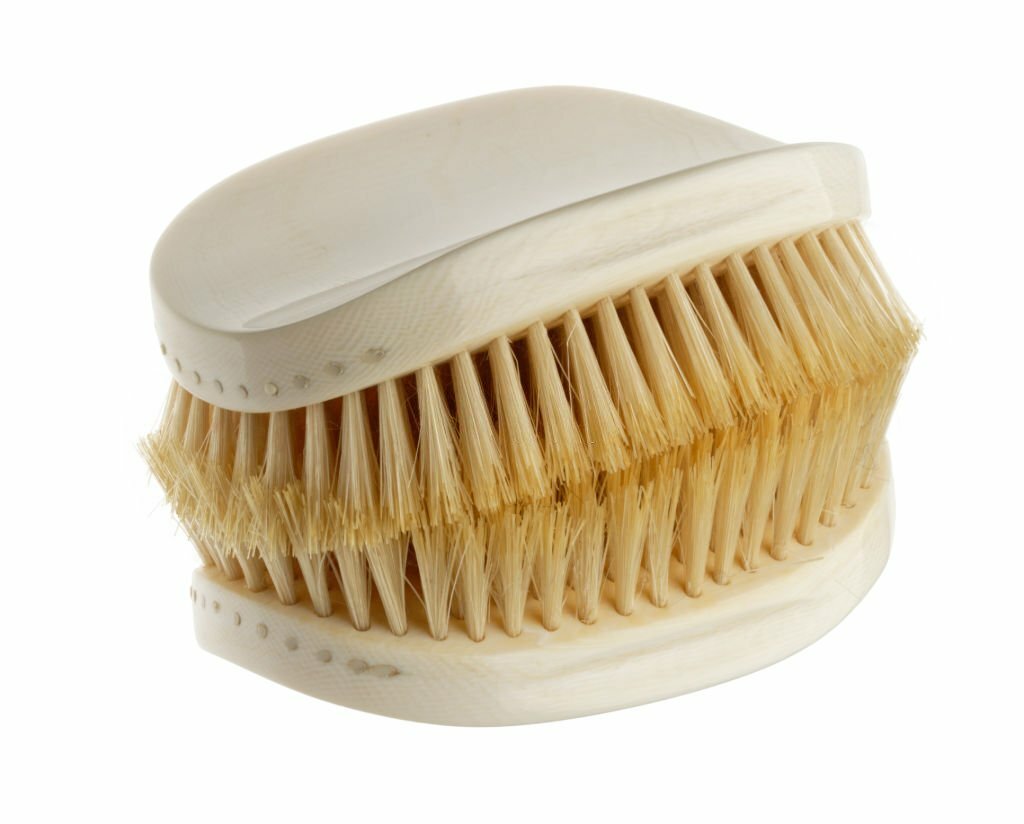Can You Use Body Wash On Your Face?
When it comes to skin care, using the right products for specific areas of the body is essential for maintaining healthy skin. While body wash is designed to cleanse the skin on your body, many people wonder if it can be used on the more delicate skin of the face. Understanding the differences between facial and body skin, as well as the ingredients commonly found in body washes, is crucial. In this article, Can you use body wash on your face? we’ll explore whether using body wash on your face is advisable, the potential risks involved, and what alternatives are best suited for facial cleansing.
Understanding Skin Types
To determine whether body wash is suitable for facial cleansing, it’s essential to recognize the distinct characteristics of facial skin compared to body skin.
Facial Skin
- Sensitivity: The skin on the face is typically more sensitive than that on the body. It can react to harsh ingredients, leading to irritation or allergic reactions.
- Oil Production: Facial skin often has a different oil production rate depending on the skin type—oily, dry, combination, or normal. Each type requires tailored cleansing products to maintain balance.
- Thickness: Facial skin is generally thinner and more delicate, making it more susceptible to environmental damage and irritation.
- Aging: The face shows signs of aging more prominently, necessitating the use of products that promote hydration and skin health.
Body Skin
- Durability: The skin on the body is thicker and can withstand more robust cleansing products. It’s designed to handle daily wear and tear, which often results in a different composition of skin cells and oil production.
- Less Sensitivity: Body skin is typically less sensitive, allowing for the use of stronger cleansers without the same level of irritation that facial skin might experience.
- Different Needs: While body skin benefits from cleansing, it also needs moisturizing and protection from dryness, particularly in areas exposed to the elements.
Understanding these differences is vital when considering whether to use body wash on your face. The specific needs of your facial skin should guide your choice of cleansing products to ensure optimal skin health and avoid adverse reactions.
Ingredients in Body Wash vs. Facial Cleanser
| Aspect | Body Wash | Facial Cleanser |
|---|---|---|
| Surfactants | Often contains harsher surfactants like sulfates (e.g., Sodium Lauryl Sulfate) for effective cleansing. | Typically uses gentler surfactants (e.g., Cocamidopropyl Betaine) to avoid irritation. |
| Fragrance | Commonly includes artificial fragrances that can irritate sensitive facial skin. | Often fragrance-free or uses natural fragrances to minimize irritation. |
| pH Levels | Generally has a higher pH (alkaline), which can disrupt the skin's natural acid mantle. | Formulated to match the skin's natural pH (around 5.5) to maintain barrier function. |
| Moisturizers | May include heavier moisturizing agents, which can lead to clogged pores on the face. | Often contains lighter moisturizers (e.g., glycerin, hyaluronic acid) suitable for facial use. |
| Exfoliating Agents | May contain physical exfoliants or harsh chemicals, which can be too abrasive for the face. | Typically features mild exfoliating ingredients (e.g., lactic acid) designed for gentle use. |
| Colorants | Often contains artificial colorants for aesthetic appeal. | Usually free from artificial colorants to reduce the risk of irritation. |
| Alcohol Content | Can contain higher alcohol levels, which may dry out the skin. | Generally contains low or no alcohol to avoid stripping the skin's natural moisture. |
Can you use body wash on your face?
Using body wash on your face is generally not advisable. Body washes often contain harsher ingredients, such as strong surfactants and fragrances, which can irritate the sensitive skin on your face. Additionally, they usually have a higher pH level that can disrupt your skin’s natural balance, leading to dryness and irritation. Body washes are formulated for the tougher skin on your body, so they might include heavy moisturizers that can clog pores on your face, potentially causing breakouts. For optimal skin health, it’s best to use a cleanser specifically designed for facial use, as these products are tailored to meet the unique needs of facial skin.
Potential Side Effects Of Using Body Wash On Your Face
Using body wash on your face can lead to several potential side effects, primarily due to the differences in formulation between body washes and facial cleansers.
- Irritation and Redness: The harsher ingredients commonly found in body washes, such as sulfates and artificial fragrances, can irritate the delicate skin on your face, leading to redness and discomfort.
- Dryness: Body washes often have a higher pH and may strip the skin of its natural oils, resulting in excessive dryness. This can leave your skin feeling tight and uncomfortable.
- Breakouts: Many body washes contain heavier moisturizing agents that can clog pores when applied to facial skin, increasing the likelihood of acne and breakouts, especially for those with oily or combination skin.
- Allergic Reactions: If you have sensitive skin, using body wash can trigger allergic reactions, causing rashes or hives due to the presence of certain fragrances or chemicals.
- Disruption of Skin Barrier: The use of body wash on your face can compromise the skin’s natural barrier, making it more susceptible to environmental damage, irritation, and infections.
Body Wash on Your Face: Pros vs. Cons
Pros
- Convenience: In a pinch, using body wash on your face can be quicker than searching for a facial cleanser, especially when traveling or at the gym.
- Effective Cleansing: Body washes are designed to remove dirt, sweat, and oil from the skin, which can provide a thorough cleanse if no other options are available.
- Cost-Effective: If you already have body wash on hand, it can save you from purchasing a separate facial cleanser, at least temporarily.
Cons
- Harsh Ingredients: Many body washes contain sulfates, fragrances, and other harsh chemicals that can irritate and dry out facial skin.
- pH Imbalance: Body washes often have a higher pH than facial cleansers, which can disrupt the skin’s natural barrier and lead to dryness and irritation.
- Clogged Pores: The heavier moisturizers and oils in body wash can clog pores on the face, potentially leading to breakouts and acne.
- Sensitivity Issues: Those with sensitive or reactive skin may experience redness, irritation, or allergic reactions from using body wash.
- Not Tailored for Facial Skin: Body washes are formulated for the thicker skin on the body, neglecting the specific needs of facial skin, which requires gentler care.
Alternatives to Body Wash for Facial Cleansing
When it comes to facial cleansing, there are several alternatives to body wash that are specifically formulated to meet the unique needs of facial skin. Here are some effective options:
- Gentle Foaming Cleanser: These cleansers create a light lather that effectively removes dirt and oil without stripping the skin’s natural moisture. Look for products with mild surfactants to minimize irritation.
- Cream or Lotion Cleanser: Ideal for dry or sensitive skin, cream or lotion cleansers provide hydration while cleansing. They typically contain nourishing ingredients that help maintain the skin’s moisture barrier.
- Gel Cleanser: Suitable for oily or acne-prone skin, gel cleansers are lightweight and often contain ingredients like salicylic acid to help unclog pores and prevent breakouts.
- Oil-Based Cleanser: An excellent option for removing makeup and excess oil, oil-based cleansers dissolve impurities effectively. They are especially beneficial for dry skin, as they leave the skin feeling soft and hydrated.
- Micellar Water: A gentle and versatile option, micellar water contains tiny cleansing molecules (micelles) that attract dirt and makeup without the need for rinsing. It’s perfect for quick cleansing and is suitable for all skin types.
- Exfoliating Cleanser: For those who want to incorporate gentle exfoliation into their routine, a mild exfoliating cleanser can help remove dead skin cells and improve skin texture. Look for cleansers with gentle exfoliating ingredients like lactic acid or finely milled natural scrubs.
- Homemade Cleansers: Simple homemade options like a mixture of honey and water or yogurt can provide a gentle and natural cleansing experience. However, it’s essential to test for allergies and ensure these ingredients are suitable for your skin type.
Do’s and Don’ts of Washing Your Face
Do:
- Wash Twice Daily
- Use Lukewarm Water
- Choose the Right Cleanser
- Be Gentle
- Pat Dry
- Apply Moisturizer
Don’t:
- Overwash
- Use Body Wash
- Skip Rinsing
- Use Dirty Towels
- Forget Sunscreen
FAQs
What should I use to wash my face?
Use a gentle cleanser formulated for your skin type to wash your face.
Can you use body wash on acne?
Using body wash on acne is not recommended, as many body washes contain harsh ingredients that can irritate the skin and exacerbate acne. Instead, opt for a gentle, non-comedogenic facial cleanser specifically designed for acne-prone skin to effectively cleanse without causing further irritation.
What can I wash my face with if I don’t have face wash?
If you don’t have face wash, you can use alternatives like mild soap, natural options like honey or yogurt, or even plain water. Just ensure that whatever you use is gentle and suitable for your skin type to avoid irritation.
What showers are best for acne?
Showers with gentle, non-comedogenic, salicylic acid or benzoyl peroxide body washes are best for acne.
Conclusion
In conclusion, using body wash on your face is not recommended, as it can lead to irritation, dryness, and potential breakouts. Instead, it’s best to choose a cleanser specifically designed for facial skin to ensure you effectively address your skin’s unique needs. By selecting the right products and maintaining a consistent cleansing routine, you can promote healthier, clearer skin.
Jillian Ruffo
As a Beauty Care and Wellness Writer, of liveandfeel I focus on the holistic concept of wellness, encompassing mental, physical, and emotional health. I create engaging content that informs and empowers readers to prioritize self-care. My content celebrates diverse definitions of beauty and encourages self-love. I explore natural ingredients, cutting-edge beauty technologies, and mindfulness practices, fostering a sense of well-rounded well-being. My goal is to inspire readers to prioritize self-care and discover the latest trends in beauty.


